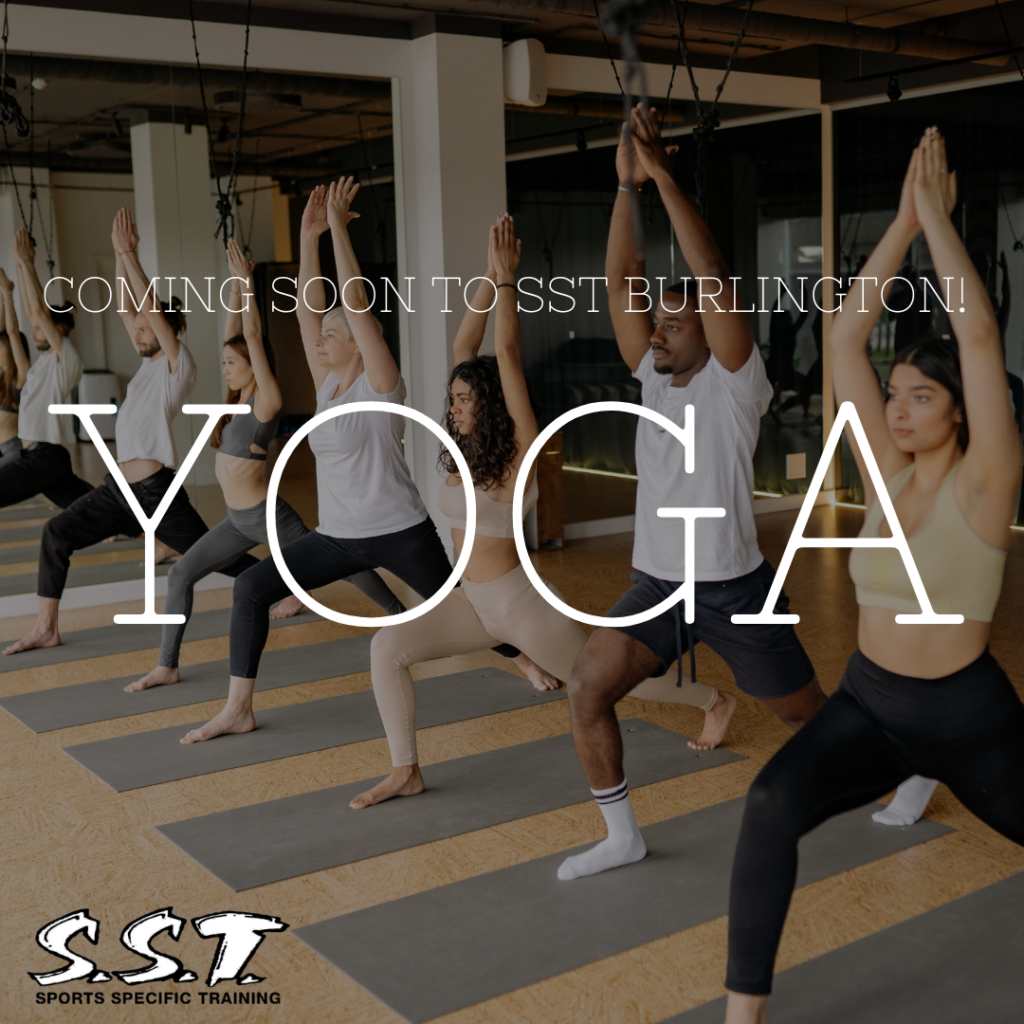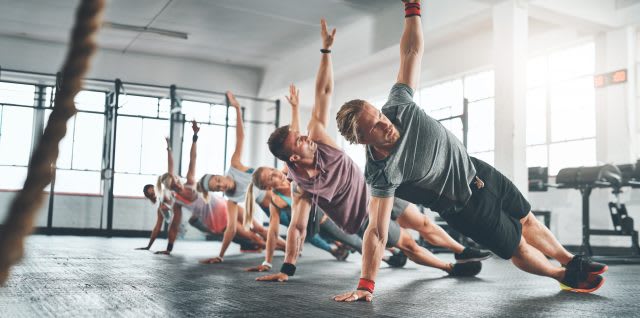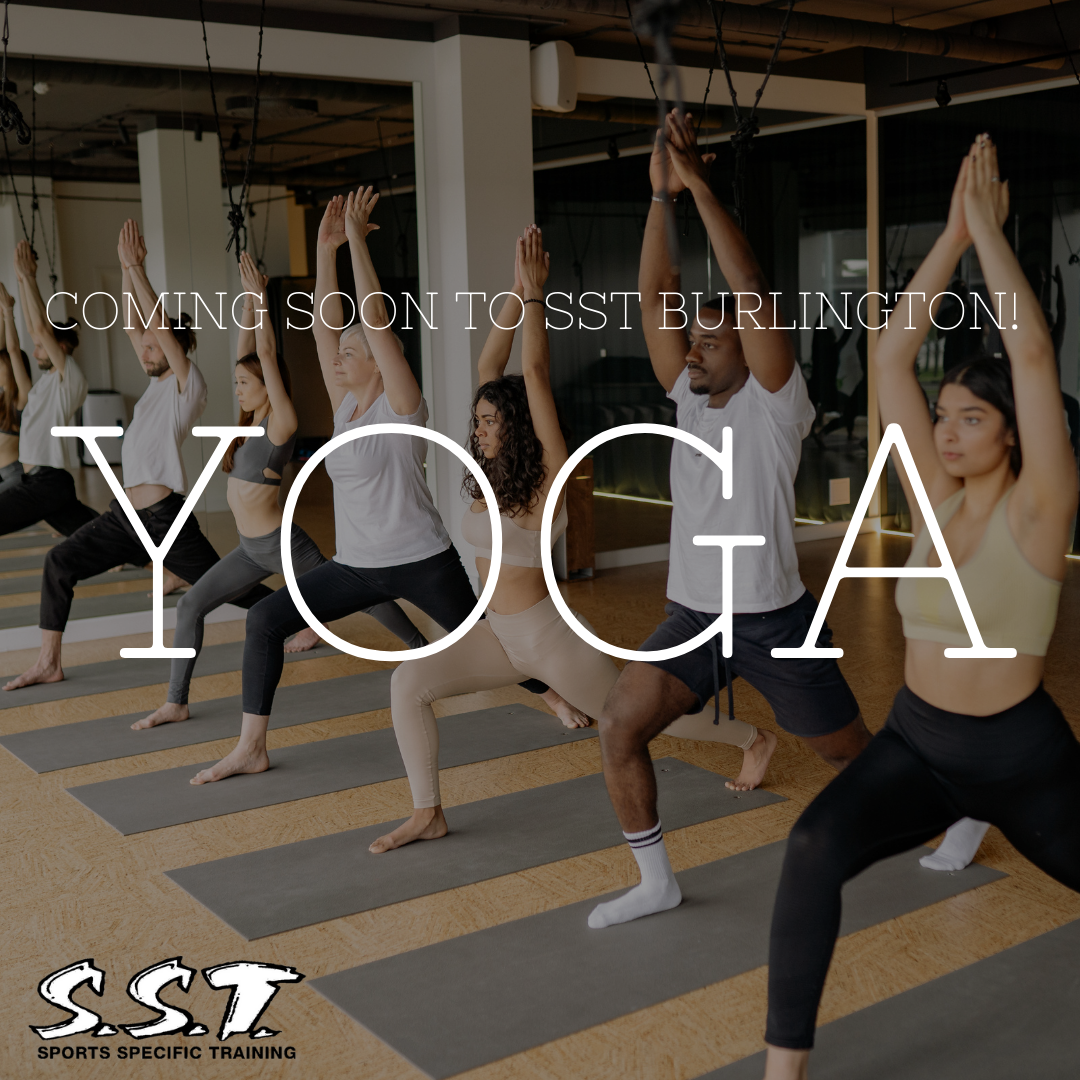
Yoga is really starting to get more recognition in the world of sports. There is a growing number of professional teams, athletes, and coaches that recognize yoga as a fundamental part of their training.
Don’t dismiss the importance when you hear the word ‘yoga’ and relate it to the requirement of flexibility. If you’re a good athlete, your body should be tight in the right areas. That tightness is a result of your training and is what helps you generate the right amount of power and strength.
Yoga isn’t only ‘yoga’ if you can contort yourself into some magnificent expression of a pose, in fact, as an athlete, going too deep into a pose can be counterproductive. Regardless if you can touch your toes or not, the benefits of yoga for athletes still exist. As you will see below, the benefits are vast, and hopefully, they bring a greater understanding of why yoga is quickly becoming an integral part of the sports world.
Flexibility
The repetitive movements involved in performing a sport concentrates tension in specific areas of your body, which reduces your range of motion and your ability to move and perform with the greatest efficiency. Yoga can help to reduce the impact of that repetition by focusing on those overused muscles and releasing excessive tension. Maintaining flexibility in areas that are prone to holding tension improves ease of movement, meaning you can maneuver your body in ways that are most effective for generating strength and power.

Strength
Sport-specific repetitive movements also have the consequence of continuing to strengthen certain muscles while others remain underdeveloped. This creates muscular imbalances, which in time can be a precursor for aches and pains, poor range of motion, and even injury. So, while your sport can indeed make you strong, it develops strength only in areas that are required by your particular sport. On the other hand, yoga addresses your undeveloped muscles can restore balance back in your body by promoting full-body strength.
Power
Yoga helps improve performance by promoting efficiency of movement and thus the ability to generate more power. The combination of strength, flexibility and proper body mechanics allows your body to move, recruit muscles, and transmit force in the most efficient way.
Endurance
Breathing and maneuvering your body around into several different poses that demand balance and strength improves your body’s respiratory capacity, improves your circulation, and teaches you how to conserve energy by becoming more efficient with your movements. This will help you pace yourself appropriately for the long haul.

Balance
Many athletes come into the gym and make the comment that they “have bad balance” as a reason why they can’t complete and exercise. Incorporating balancing poses in yoga helps to strengthen the many stabilizing muscles that serve to protect your body. Improving your overall balance can also bring confidence to your movements, improve recovery from stumbles and, prevent injuries and develop greater control of the way you move your body.
Injury prevention
Injury prevention not only allows you to keep performing your sport now, but it also extends the amount of time that you’re able to participate in it. The strength, flexibility, and improved body mechanics that you gain from a consistent yoga practice help maintain healthy joints, which are common injury sites from repetitive sports movements. Nothing derails performance like an injury can. So, doing what you can to stay injury-free puts you in a place where you can continue progressing in your sport without any unnecessary diversions.

Exciting News!
Yoga classes starting at SST Burlington
For more details either CLICK HERE and we’ll keep you updated OR
Email – bskinner@sstcanada.com
Mental Resilience
Having a strong, focused, and resilient mind is invaluable to an athlete and can make the difference between success and failure. With athletes constantly training to push their physical limits to the max, it’s often the one with the greatest mental strength that perseveres. Learning to stay focused and composed as you step outside your comfort zone is a valuable skill as an athlete, especially when the pressure is high. New poses, uncomfortable sensations, and resolving to be still are all aspects of a yoga practice that help build mental toughness and sets you up to excel when faced with a challenge.
Recovery
As an athlete, it can be easy to focus all your efforts on ‘pushing’ to reach that new level of performance, and therefore struggle to allow time for rest and recovery. Taking time to rest can be almost unbearable for those who just always want to be on the go. Yoga is an excellent tool for both passive and active recovery. It can relieve physical and mental stress, gently release tension, and give your body an enjoyable break from the demands of your sport. Sports require an enormous amount of repetitive contractions, which makes a slow-paced or restorative practice a great way to restore balance by countering all that contraction with expansion. In addition, a consistent yoga practice can improve your circulation and lymphatic flow, which means that it can speed up the time it takes for your body to recover from your last training session.
Body Awareness/Proprioception
Athletes know how important it is to be in tune with their bodies. It’s important for you to know when it’s time to pick up the pace, slow down, rest, or even take a step back when something’s not feeling right. Since a big part of yoga is learning how to stay present throughout your practice, a consistent practice can improve your understanding of your body. With a heightened awareness of your body, you’ll begin to pick up on its cues and learn how to move with more efficiency. This can help you determine the appropriate level of effort you need to execute a particular move; preventing you from overusing or underusing energy, as well as steer you away from injury.

Stress Relief/Relaxation
The demands of performing a sport, regardless of if it is is for pleasure or competition, is stressful on your body. Your body is working hard to help get you to that peak performance. Sport demands a lot from your heart, muscles, bones, joints, mind, and more, and just like your phone needs a restart every once in a while, so does your body. A yoga practice can be used to balance that stress with some relaxation. Not to mention the anxiety and pressure that comes along with competitive sports! Yoga can help you better manage your response to stressful situations and flush those stress hormones from your body.

Exciting News!
Yoga classes starting at SST Burlington
For more details either CLICK HERE and we’ll keep you updated OR
Email – bskinner@sstcanada.com

